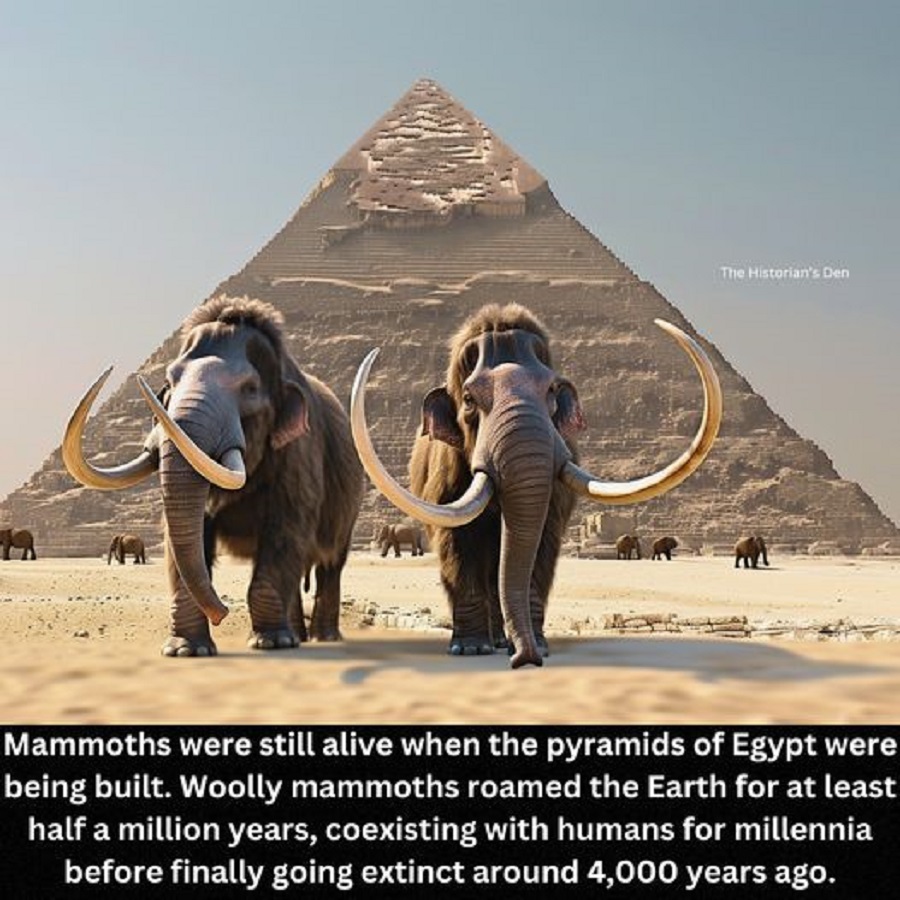In the vast expanse of the universe, teeming with countless galaxies, stars, and planets, the notion of extraterrestrial life has long been a captivating subject for human imagination. Yet, in the realm of science fiction movies, the portrayal of alien encounters often follows a rather ominous narrative — one where Earth is under threat of invasion. But why is it that we tend to assume these intergalactic visitors harbor nefarious intentions? Is it not equally plausible that they might arrive with a desire to understand, communicate, and foster connections with a new and intriguing world?
The Invasion Trope and Its Roots
The trope of alien invasion in science fiction movies can be traced back to early works like H.G. Wells' "The War of the Worlds," where Martians descend upon Earth with hostile intentions. This theme has persisted through the years, becoming a staple in sci-fi films. Perhaps this inclination toward invasion narratives reflects our own historical fears and uncertainties. The unknown has always been a source of anxiety for humans, and the idea of beings from other worlds amplifies this fear of the unfamiliar.

The Limitations of Human Imagination
Our predisposition toward assuming hostile intent in alien encounters may also stem from the limitations of human imagination. When faced with something beyond our comprehension, we often resort to narratives that align with our existing beliefs and fears. Consequently, the portrayal of aliens as invaders serves as a convenient plot device, generating conflict and tension within the storyline.

A Shift in Perspective
However, it is crucial to challenge these ingrained narratives and consider alternative scenarios. What if, instead of harboring aggression, these extraterrestrial beings arrive on Earth with genuine curiosity? What if their purpose is not conquest, but communication and exploration? By shifting our perspective, we open the door to a myriad of creative possibilities that can enrich the science fiction genre and expand our understanding of the universe.

The Power of Communication
Communication is the cornerstone of understanding. If we were to encounter intelligent alien life, it is reasonable to assume that they, too, would possess a desire to communicate and learn from us. In a universe so vast and diverse, the exchange of knowledge and ideas could be immeasurable. Embracing this concept in science fiction narratives can inspire hope and curiosity, inviting audiences to contemplate the boundless opportunities that intergalactic communication could bring.

Embracing Diversity in Sci-Fi
As consumers of science fiction media, we have the power to demand diverse and nuanced representations of alien encounters. By supporting narratives that explore peaceful interactions, cooperation, and mutual understanding between humans and extraterrestrial beings, we pave the way for a more inclusive and optimistic vision of the future. It is through these imaginative explorations that we can challenge our own biases and embrace the vast potential of interstellar relationships.

Science fiction serves as a gateway to explore the unknown and contemplate the endless possibilities of the universe. By breaking free from the confines of invasion tropes, we can embrace a future where our interactions with alien civilizations are marked by curiosity, understanding, and collaboration. So, let us welcome the prospect of extraterrestrial communication with open minds and hopeful hearts, for in the vast cosmos, the pursuit of knowledge knows no bounds.






